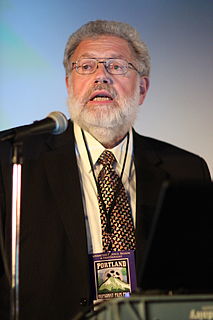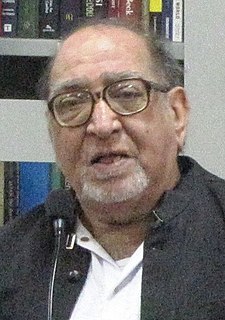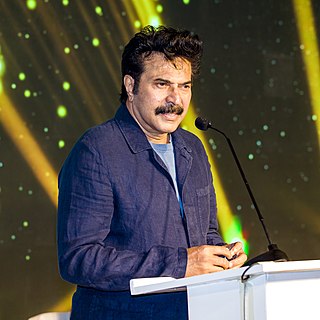A Quote by Tom Flynn
If Atheists are lonely and downtrodden, we have only ourselves to blame. Numerically, we are strong. Let's start punching our weight.
Related Quotes
Buddhist words such as compassion and emptiness don't mean much until we start cultivating our innate ability simply to be there with pain with an open heart and the willingness not to instantly try to get ground under our feet. For instance, if what we're feeling is rage, we usually assume that there are only two ways to relate to it. One is to blame others. Lay it all on somebody else; drive all blames into everyone else. The other alternative is to feel guilty about our rage and blame ourselves.
Forgiveness is the only way to break the cycle of blame-and pain-in a relationship...It does not settle all questions of blame and justice and fairness...But it does allow relationships to start over. In that way, said Solzhenitsyn, we differ from all animals. It is not our capacity to think that makes us different, but our capacity to repent, and to forgive.
The surest way to know our gold, is to look upon it and examine it in God's furnace, where he tries it that we may see what it is. If we have a mind to know whether a building stands strong or not, we must look upon it when the wind blows. If we would know whether a staff be strong, or a rotten, broken reed, we must observe it when it is leaned on and weight is borne upon it. If we would weigh ourselves justly we must weigh ourselves in God's scales that he makes use of to weigh us.
The Yogic sages say that all the pain of a human life is caused by words, as is all the joy. We create words to define our experience and those words bring attendant emotions that jerk us around like dogs on a leash. We get seduced by our own mantras (I'm a failure I'm lonely I'm a failure I'm lonely) and we become monuments to them. To stop talking for a while, then, is to attempt to strip away the power of words, to stop choking ourselves with words, to liberate ourselves from our suffocating mantras.







































